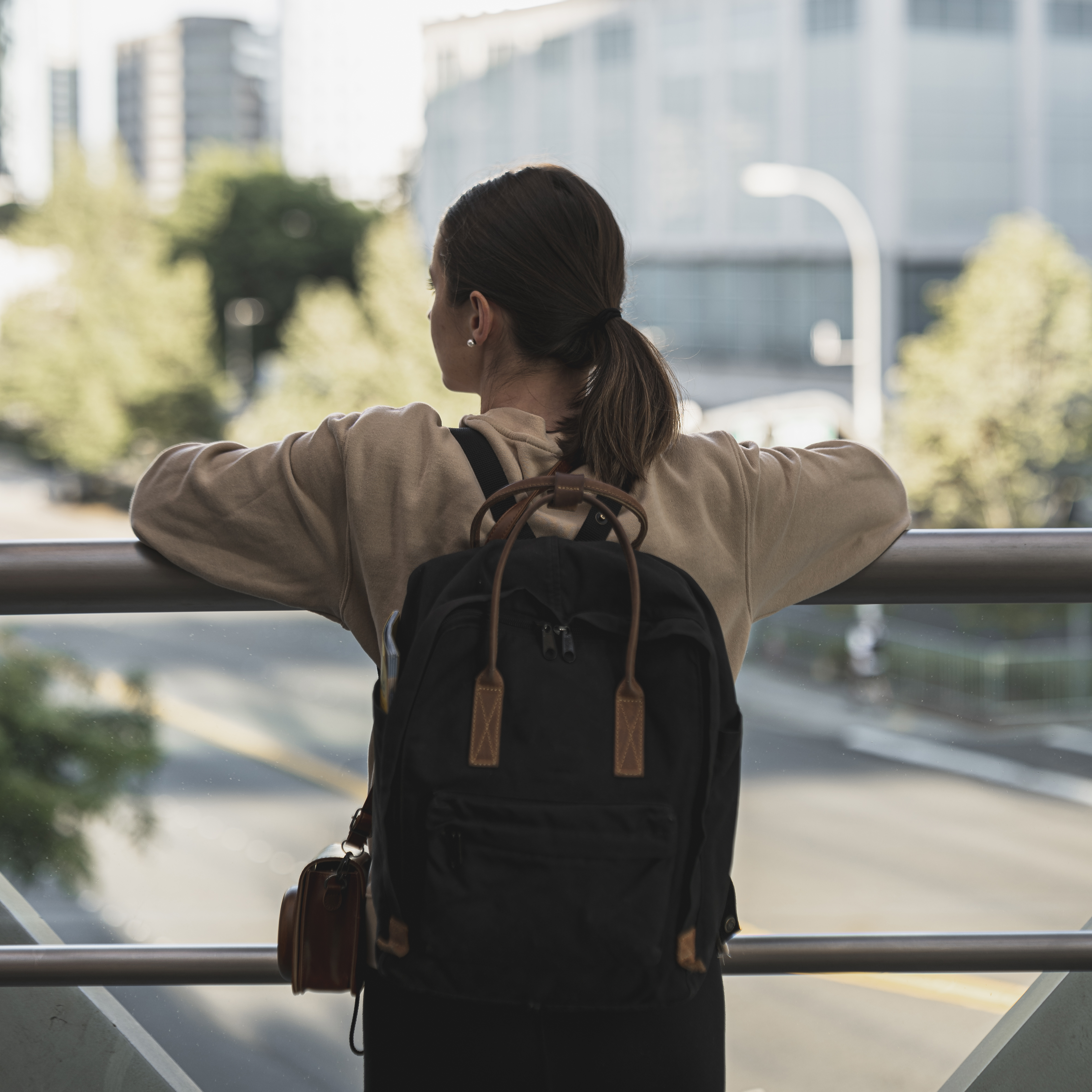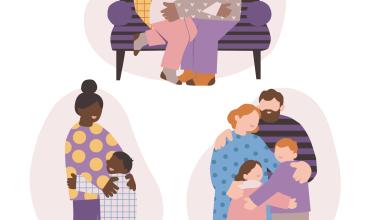Current Policy on Sponsoring Unaccompanied or Separated Minors
While Canada usually does not accept unaccompanied or separated minors (a person under the age of 18) for resettlement, there are specific exceptions.
Here are two main exceptions:
- Minors with a guardian:
- If a minor is unaccompanied or separated but has a guardian over 18 years old, they can be considered for sponsorship.
- The minor and the guardian must apply separately but link their applications.
- There must be proof that the minor depends emotionally or financially on the guardian. This proof can be in documents like death certificates, custody papers, or at least letters explaining the dependency.
- Minors with family members in Canada:
- If a minor has family members in Canada willing to become their legal guardians, they can be sponsored.
- The sponsoring family must submit a regular refugee sponsorship application to start the process.
- The family member(s) in Canada must sign forms to confirm they know how to get legal guardianship and plan to do so once the minor arrives. They should talk to a family lawyer because the process can vary depending on the province.
* Note: this does not apply to sponsors living in Quebec, as Quebec has its own sponsorship program (Program for Refugees Abroad - Collective Sponsorship).
Requirements
In both situations, the minor is considered a Principal Applicant. This means they must meet all the eligibility and admissibility requirements to come to Canada. If the sponsor is a Group of Five or a Community Sponsor, the minor must include a copy of their refugee status document (RSD) with their application.
Additionally, Immigration, Refugees and Citizenship Canada (IRCC) will conduct a Best Interest Determination (BID). This means they will use guidelines from the UNHCR to decide if it is in the best interests of the child to be resettled to Canada.
If the minor’s parents are known, they must sign a form (IMM 5604) giving their consent for the child to travel to Canada.
IRCC may request additional documentation showing the relationship between the sponsored minor and their extended family member in Canada.
What would suspending the restrictions on the resettlement of unaccompanied and separated minors do?
Some organizations, such as the Centre for Refugee Children or the Canadian Council for Refugees (CCR), are advocating for the removal of the restrictions on the resettlement of Unaccompanied And Separated Children (UASC). They also call for creating a resettlement pathway for a certain number of UASC through existing resettlement channels. This would help resettle a particularly vulnerable group of refugees.


